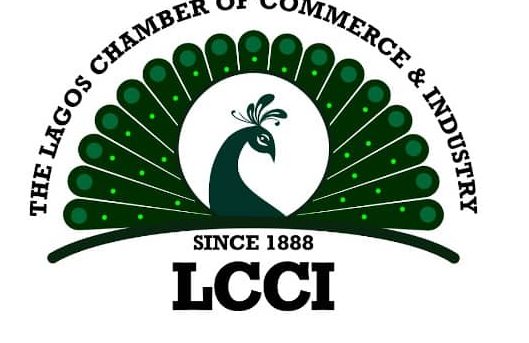The Lagos Chamber of Commerce and Industry has expressed concern about the recent decision by the Central Bank of Nigeria to raise the Monetary Policy Rate (MPR) by 50 basis points.
The development, it pointed out, brought MPR from 26.25% to 26.75%.
LCCI expressed the worry in a press statement signed by its Director General, Dr Chinyere Almona, on Wednesday.
The Chamber indicated that with the 296th Monetary Policy Committee (MPC) meeting, the increment comes amid escalating inflation and surging food prices.

LCCI acknowledged the CBN’s efforts to control inflation and stabilise the economy, still, said it is deeply concerned about the broader implications of “this rate hike on the business community and the overall economic landscape”.
Almona said: “We recommend that the government should sustain the waivers and tax exemptions in the mid-term and long term-to allow for a more significant impact on price pressures and the cost of doing business.
“The LCCI urges the government and the CBN to consider a more balanced approach to monetary policy. While controlling inflation is crucial, mitigating adverse effects on business operations and economic growth is imperative. The Chamber proposes the following:
“The government should release more capital expenditure to reflate business activities and support the contribution to economic growth. The capital expenditure released so far is too small in the face of the magnitude of the infrastructural deficit that businesses suffer from”.
The Chamber added that with the new capital expenditure component of N12.2 trillion and a release of only N1.84 trillion at mid-year, “we definitely need to speed up the release of funds for capital projects in the next quarter to boost economic growth”.
Also Read:
- 17,000 jostle for 2,500 Abia teaching jobs
- LAUTECH workers protest ‘sudden’ salary reduction
- IPI, MRA issue resource guide on instruments protecting press freedom
- 14-year-old girl docked over alleged N4m theft
- Ondo governor sacks two female media aides
The statement reads in part: “We want to advise that the government be faithful to deploying the supplementary budget funds on business-boosting infrastructure as proposed to the National Assembly.
“We should diversify our approach to controlling inflation beyond interest rate hikes. Policies that directly address supply-side constraints, such as improving agricultural productivity and stabilising energy prices, can help reduce inflationary pressures more effectively.
“Increased investment in infrastructure can alleviate production bottlenecks and reduce business costs. This will enhance productivity and competitiveness, helping to tame inflation from the supply side”.
Almona assured that LCCI remains committed to working with the government and the CBN to ensure policies that foster conducive environment for business growth and economic stability, adding that a holistic approach, balancing inflation control with support for businesses, will pave the way for sustainable economic development in Nigeria.


